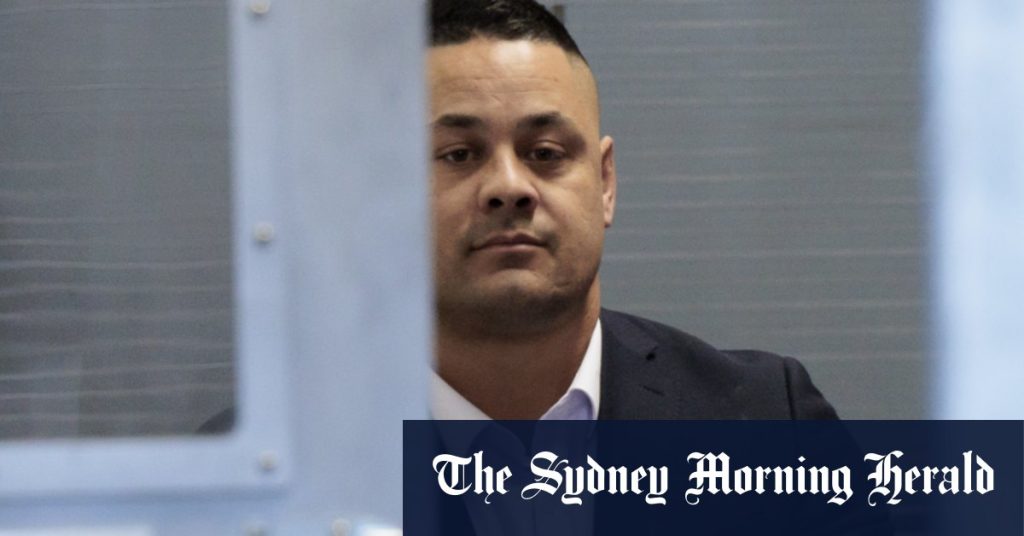Jarryd Hayne’s defence team has argued for his convictions to be quashed and for him to be acquitted based on three grounds. They believe that if the first ground is successful, a fourth trial would be considered oppressive since Hayne has already spent a significant amount of time in custody. The defence introduced a new witness at Hayne’s third trial, a man who had been communicating with the complainant before she met Hayne in September 2018. The witness shared text messages where the woman mentioned getting Hayne to come over if he didn’t visit her, showing her “emotional changeability” as she went from being hostile to asking the man to come over.
Hayne’s lawyers argue that the woman’s messages demonstrate her tendency to change her mind quickly and from one extreme to another, suggesting that any anger she felt over the taxi waiting outside may have dissipated upon interacting with Hayne. They believe that her emotional state and quick changes in attitude could indicate a potential for consensual sexual activity. Prosecutors, on the other hand, dismissed the notion of the complainant’s emotional changeability, stating that her responses were consistent with her interactions with the man and that seeing the taxi made her realize she was merely a diversion for Hayne.
During Hayne’s third trial, the complainant was recalled to testify about specific issues, including her civil lawsuit seeking damages in the NSW Supreme Court. However, Judge Graham Turnbull ruled that she could not be questioned about an incident related to Hayne’s first appeal in November 2021, where she was alleged to have reacted negatively to the prospect of certain messages being revealed. The defence argues that not questioning her about this incident was an error that resulted in a miscarriage of justice. Hayne’s first trial ended in a hung jury, and his convictions from the second trial were quashed on appeal, leading to the third trial that resulted in his imprisonment.
Hayne was sentenced to a maximum of four years and nine months in jail, with a non-parole period of three years, which was backdated to account for time already served in custody. He is eligible for parole from May the following year. The defence’s arguments center around the woman’s messages and emotional state, suggesting that her interactions with Hayne and her willingness to see him despite initial reservations could point to the possibility of consensual sexual activity. However, prosecutors maintain that her reactions were in line with her feelings of disappointment and being used after seeing the waiting taxi, and they question the defence’s assertion of her emotional changeability. The outcome of these various arguments will determine whether Hayne’s convictions are upheld, overturned, or if a fourth trial is considered oppressive.


